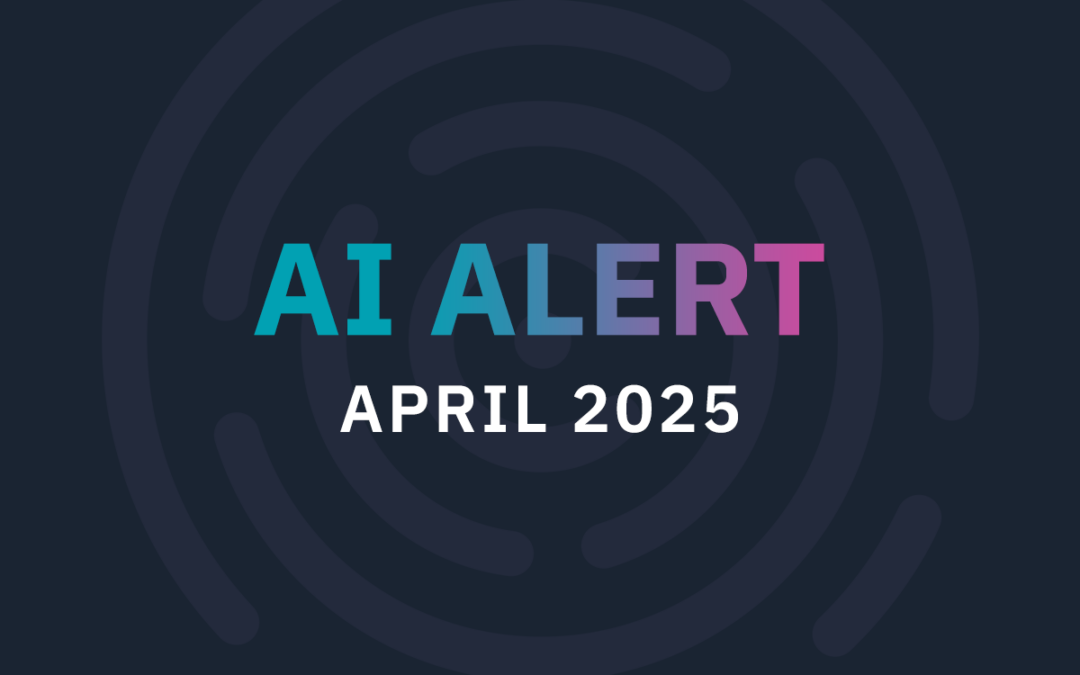
Apr 30, 2025 | Forensic AI Alerts
Peeling Back the Layer of Skin Substitutes Background A skin substitute is a material used to replace or support damaged skin tissue. Skin substitutes may be allogeneic, xenogeneic, synthetic or a combination of these types of materials. When used appropriately,...
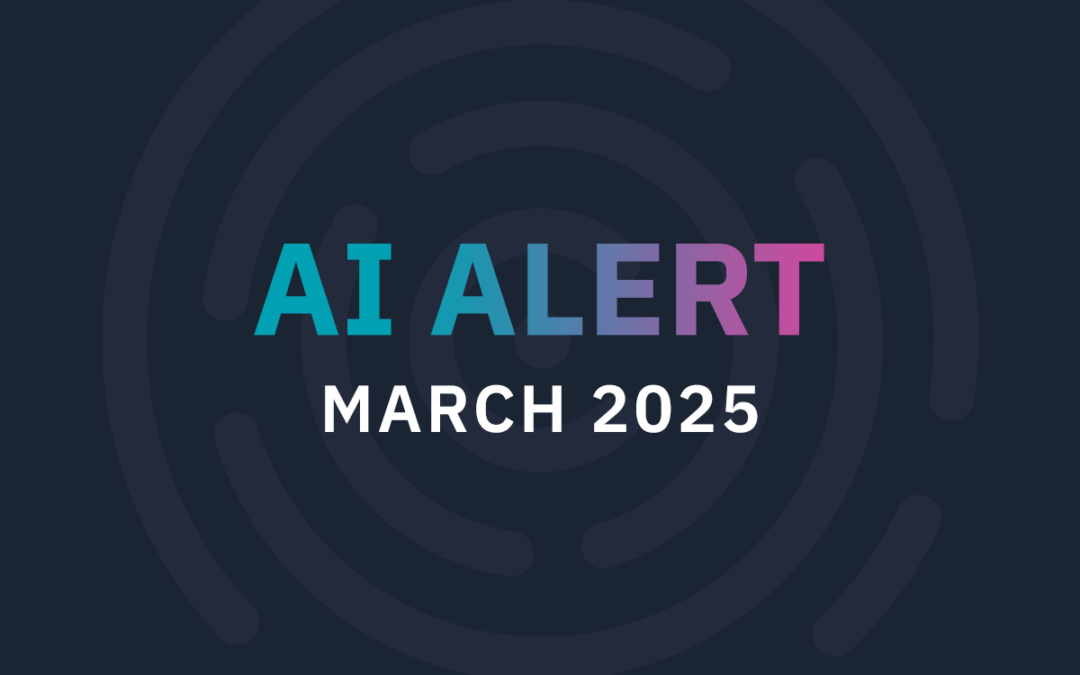
Mar 26, 2025 | Forensic AI Alerts
Bridging the data gap between medical and dental claims What fraud, waste, and abuse concerns are common to dental claims? The increased coverage and spend for dental services by health plans and health agencies will expand the opportunity for fraud, waste, and...
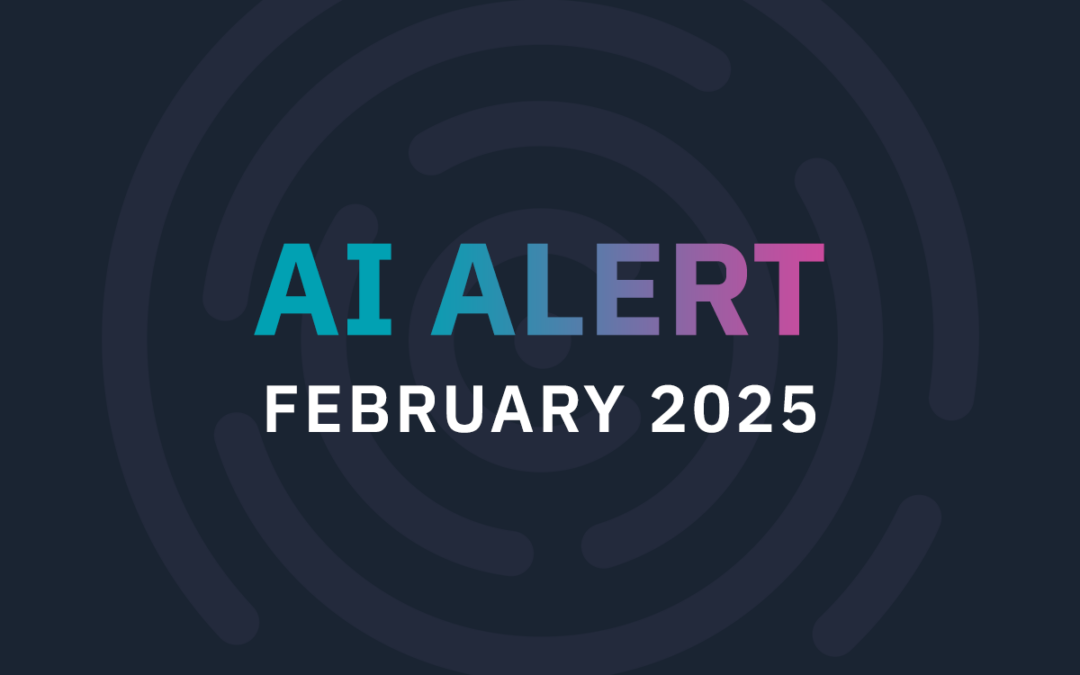
Feb 27, 2025 | Forensic AI Alerts
Understanding the Impact of Coding Changes on Psychological and Neurological Testing New codes for psychological and neurological testing services since 2019 provide clarification of non-face-to-face work by professionals. The codes have been enhanced with...
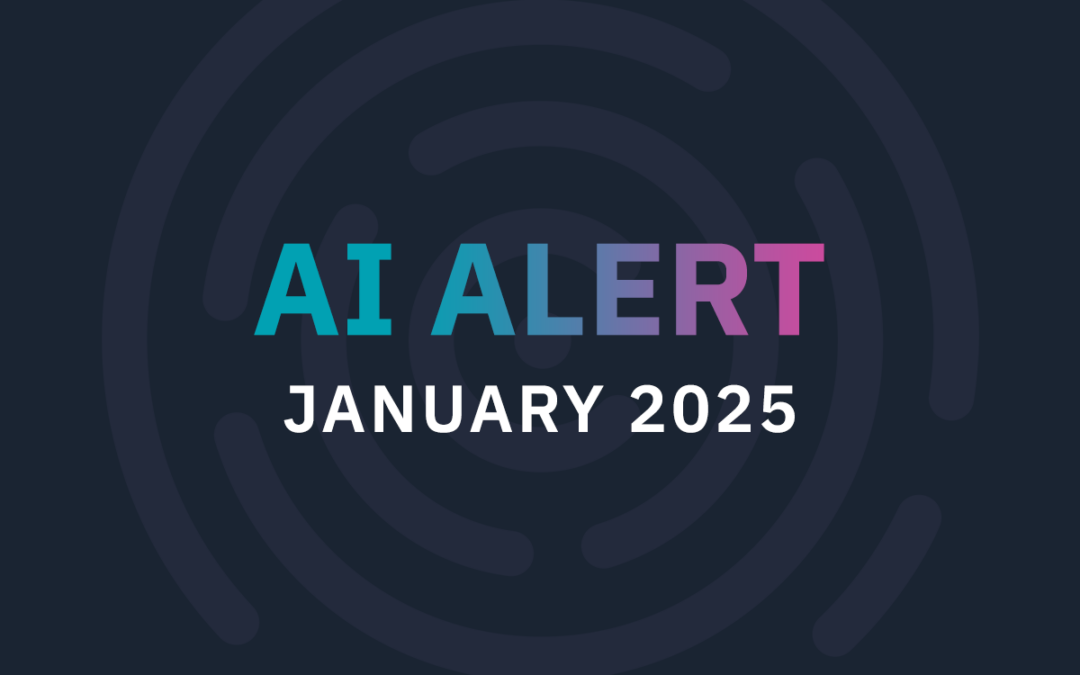
Jan 31, 2025 | Forensic AI Alerts
The volume of healthcare data is expanding at an unprecedented rate, and nowhere is this more evident than in the pharmacy sector. As prescriptions, claims, and regulatory requirements evolve, the influx of data presents both an opportunity and a challenge—especially...
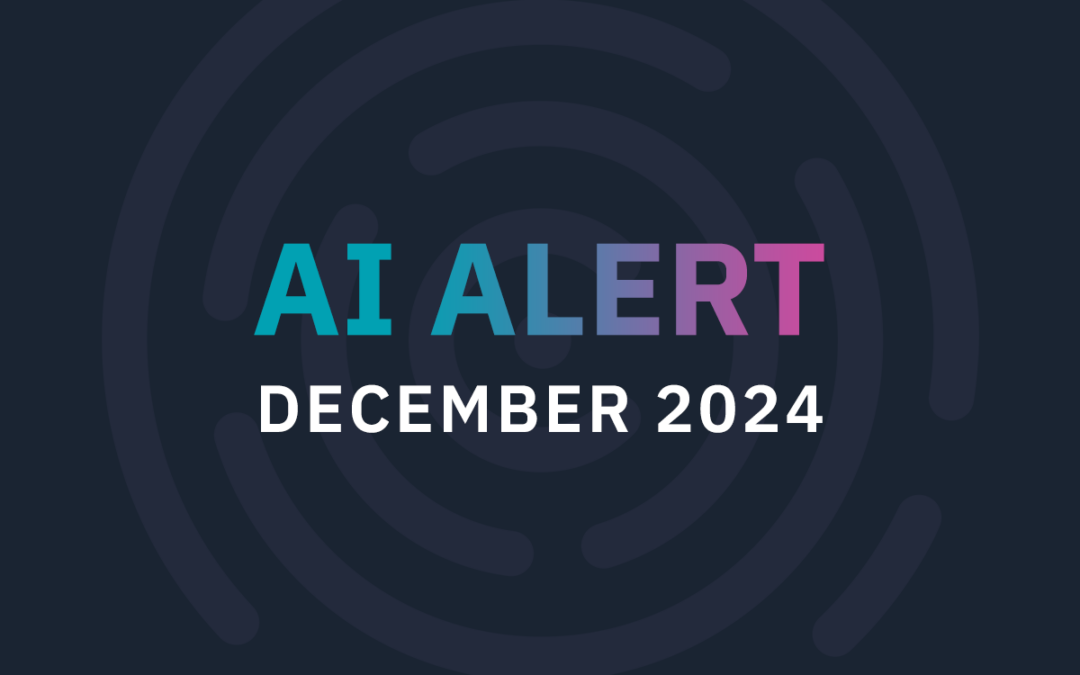
Jan 7, 2025 | Forensic AI Alerts
Identifying Potential Risks with New or Returning Pharmacy Providers Every month, new pharmacies enter and bill your network. Quickly identifying this pharmacy activity is crucial for your plan to assess potential risks to the network. By conducting proactive reviews...
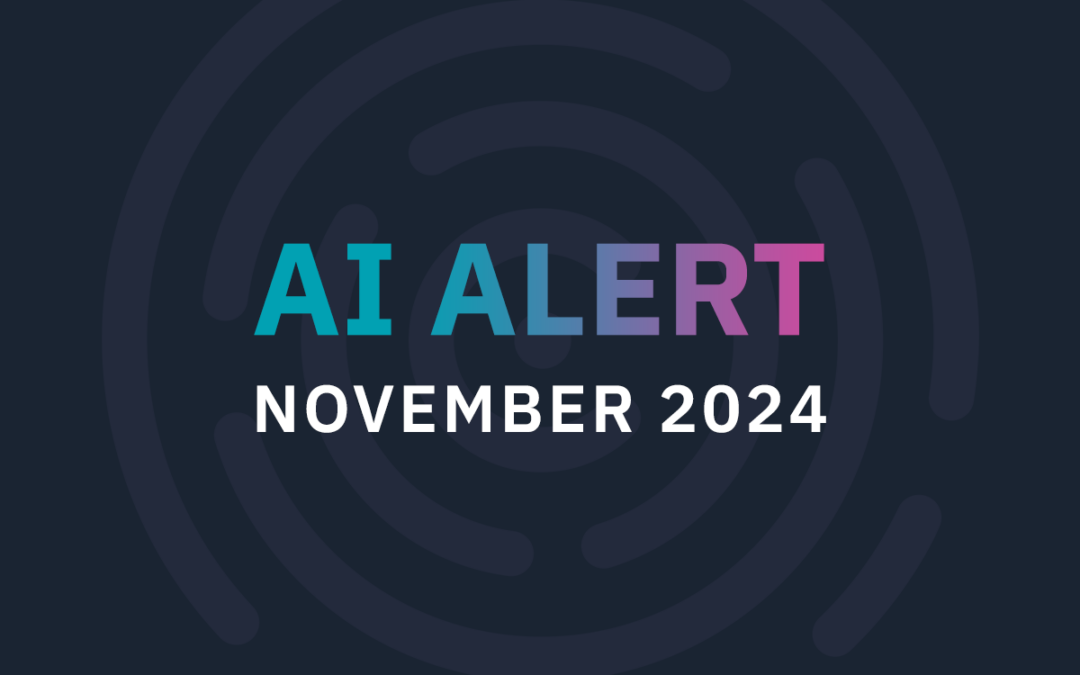
Dec 5, 2024 | Forensic AI Alerts
Dental Procedure Updates You Need to Know for 2025 The American Dental Association (ADA) released its Code on Dental Procedures and Nomenclature for 2025 (CDT 2025) on September 13, 2024. As in previous releases, some new codes have been added, while other existing...






